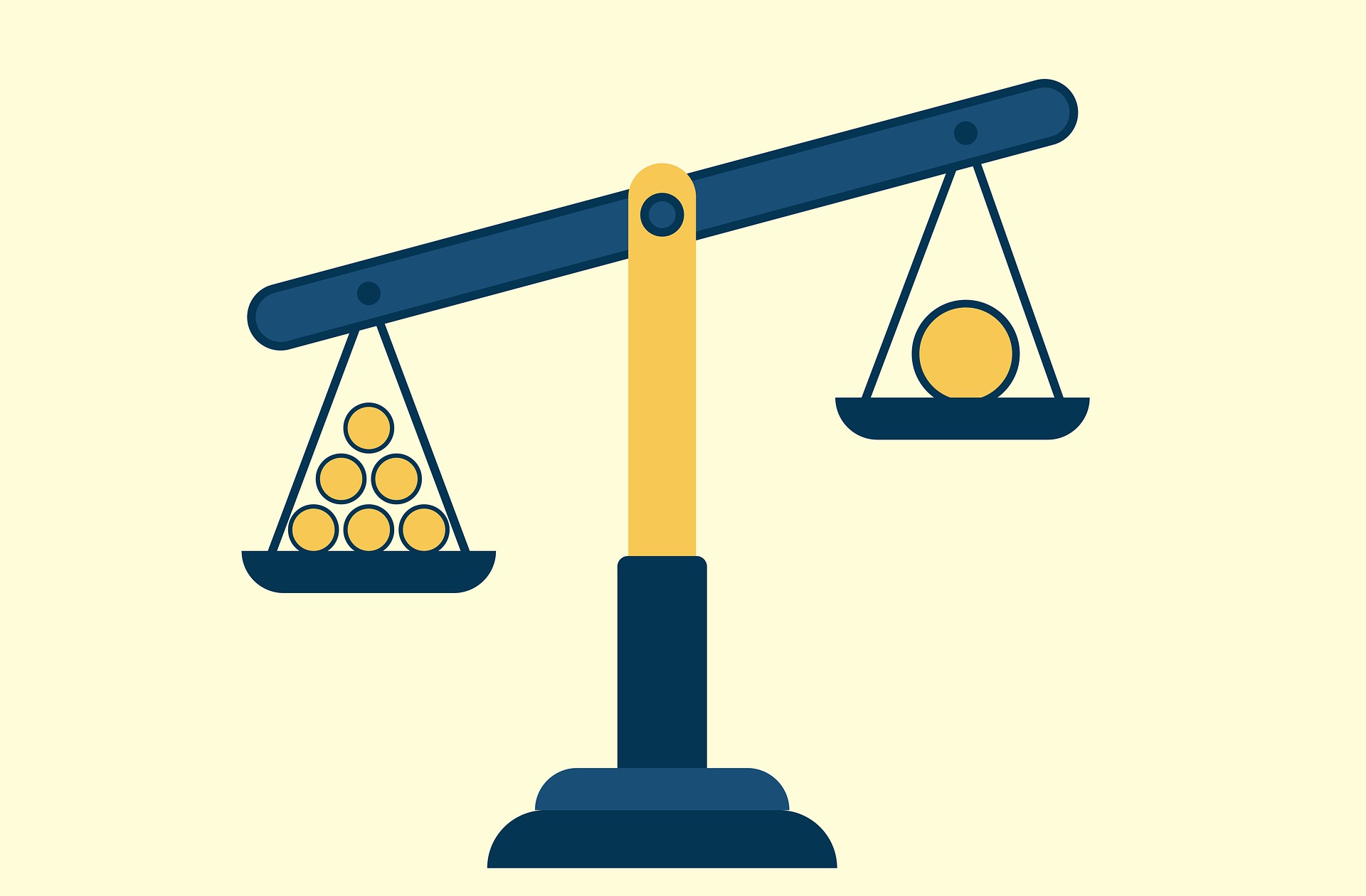Data Ethics
 Carlson Oranu
Carlson Oranu
In today's digital age, data has become an invaluable resource for businesses, governments, and individuals alike. With the ability to collect, store, and analyze massive amounts of data, organizations can gain insights into customer behavior, improve operational efficiency, and develop new products and services. However, the use of data also raises important ethical considerations that must be taken into account. In this article, we will explore the concept of data ethics and why it is essential for organizations to practice ethical data practices.
What is Data Ethics?
Data ethics refers to the ethical considerations surrounding the collection, use, and analysis of data. This includes issues related to privacy, security, transparency, bias, and accountability. Data ethics is a relatively new field, but it has become increasingly important as the use of data has become more pervasive in our daily lives.
Why is Data Ethics Important In Data Science?
So now that we have an idea of what Data Ethics is, the next question on our minds would be why we should consider data ethics in Data Science. Data ethics is important for several reasons. First, ethical data practices help to protect individuals' privacy and security. With the proliferation of data collection, it is essential that organizations take steps to protect sensitive information and ensure that it is not misused or mishandled. Second, ethical data practices can help to reduce the risk of bias in data analysis. Data bias can lead to inaccurate or unfair results, which can have real-world consequences for individuals and communities. Third, ethical data practices help to ensure that organizations are accountable for their data-related decisions and actions.
Examples of Data Ethics Issues
There are many examples of data ethics issues that organizations must consider when collecting and using data. Here are a few examples:
Privacy: Organizations must take steps to protect individuals' privacy when collecting and using their data. This includes obtaining consent for data collection, limiting data collection to what is necessary, and ensuring that data is stored securely.
Bias: Data bias can occur when data is collected in a way that is not representative of the population being studied or when data is analyzed using biased algorithms. This can lead to inaccurate or unfair results.
Transparency: Organizations must be transparent about their data practices and make information about data collection and use readily available to individuals. This includes providing clear and concise privacy policies and explaining how data will be used.
Accountability: Organizations must be accountable for their data-related decisions and actions. This includes taking responsibility for any data breaches or misuses of data and implementing measures to prevent future occurrences.
How to Practice Ethical Data Practices
Practicing ethical data practices involves several steps. First, organizations must develop clear and concise policies and procedures for data collection, use, and analysis. These policies should be based on ethical principles and should be communicated to all employees and stakeholders. Second, organizations must ensure that they are collecting and using data in a way that is consistent with these policies and that data is being handled securely. Third, organizations must be transparent about their data practices and should make information about data collection and use readily available to individuals. Finally, organizations must be accountable for their data-related decisions and actions and should take responsibility for any data breaches or misuses of data.
Conclusion
In conclusion, data ethics is a critical consideration for organizations that collect, use, and analyze data. Ethical data practices can help to protect individuals' privacy and security, reduce the risk of bias in data analysis, and ensure that organizations are accountable for their data-related decisions and actions. By developing clear policies and procedures for data collection and use, being transparent about their data practices, and taking responsibility for their data-related decisions and actions, organizations can practice ethical data practices and help to build trust with their stakeholders.
Subscribe to my newsletter
Read articles from Carlson Oranu directly inside your inbox. Subscribe to the newsletter, and don't miss out.
Written by
